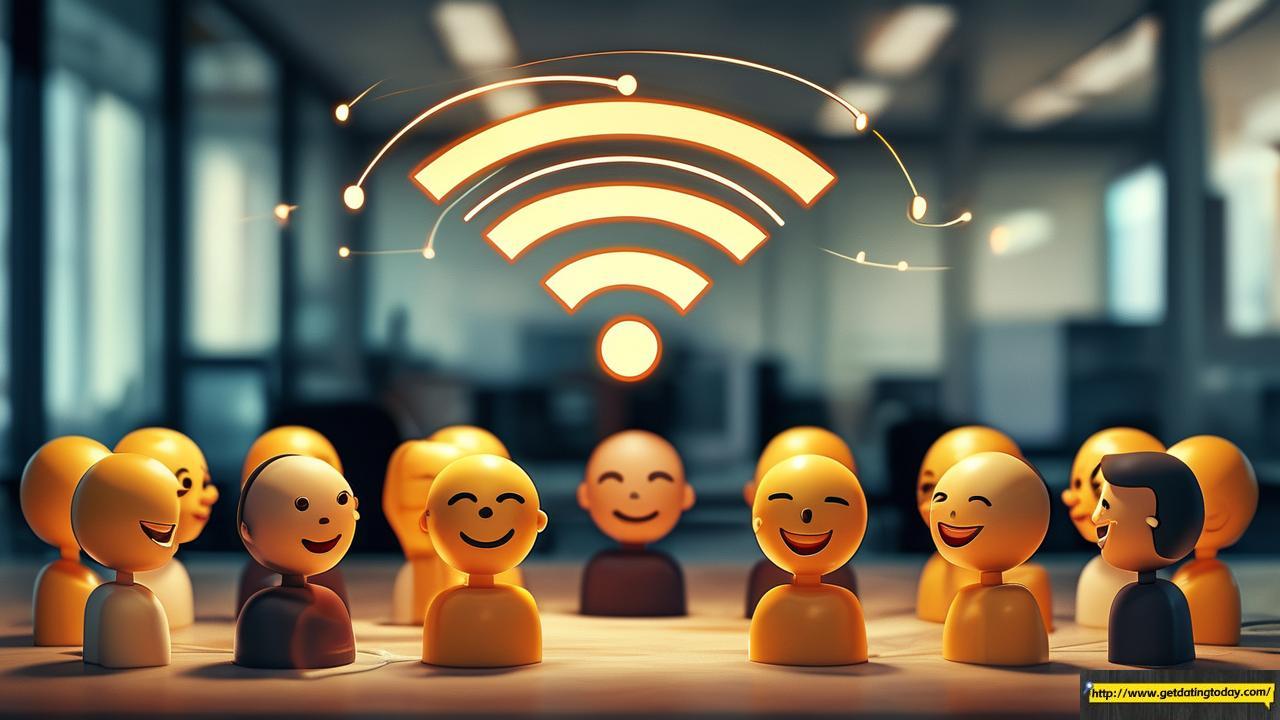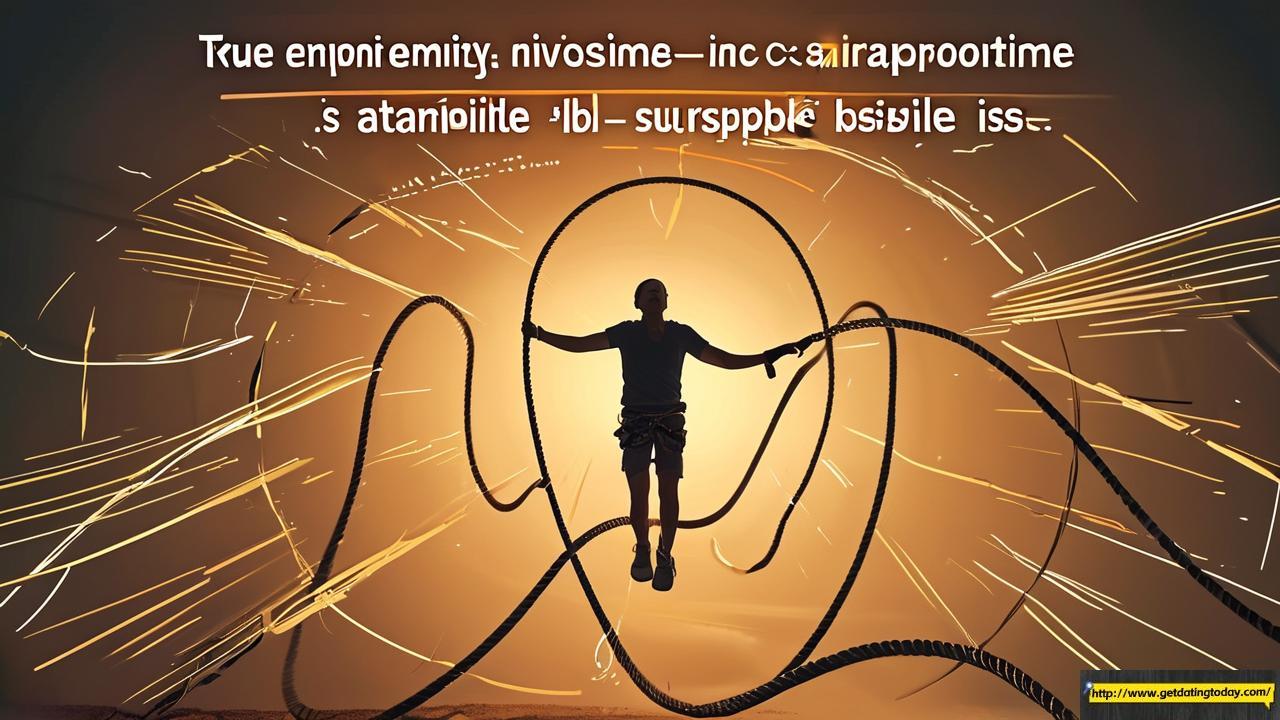trying to describe the view to someone you love. Without stepping toward each other, you’ll only see blurry shapes and hear muffled voices. This is what relationships feel like when empathy goes through another’s eyes, something extraordinary happens: walls dissolve, understanding blooms, and love finds its footing.

The Science of Walking in Their Shoes
Empathy isn’t just a fluffy concept—it’s neuroscience in action. When we actively listen to a partner’s frustration about work, mirror neurons in our brains fire as if we’re experiencing their stress firsthand. Studies show couples who practice empathy have 40% lower cortisol levels during conflicts, turning heated arguments into collaborative problem-solving sessions. Think of it as emotional Wi-Fi: the stronger the signal, the smoother the connection.

But here’s the catch: empathy isn’t mind-reading. It’s closer to detective work. When your spouse says, “I’m fine” through clenched teeth, empathy picks up the case file—the tired eyes, the forgotten anniversary last week, the unwashed coffee mug left on their desk. It’s noticing that 70% of communication lives in tone and body language, not words. Like learning a dance, you start anticipating steps before they’re taken.

From Date Nights to Decades: Empathy’s Evolution
Early-stage relationships often treat empathy like a glittery accessory—a way to impress during late-night conversations. But long-term love turns it into survival gear.d lost. That’s empathy in action—recognizing unspoken needs like a gardener sensing when a plant needs shade instead of sun.

For new couples, empathy acts as a translator.” moments? They’re often code for “I need reassurance.” One study found that partners who reframe complaints as vulnerabilities (“I felt scared when…” instead of “You always…”) resolve conflicts 65% faster. It’s the difference between throwing water balloons and building a dam together. Relationship experts warn about “empathy burnout”—the trap of over-absorbing a partner’s emotions until you’re emotionally bankrupt. Picture a sponge so saturated it can’t absorb another drop. This often happens when boundaries blur. Healthy empathy says, “I feel your pain, but I’m not responsible for fixing it.” It’s the oxygen mask principle: secure your own emotional air supply before assisting others.

Then there’s “performative empathy”—using understanding as a weapon. Ever met someone who says, “I totally get why you’re insecure…” before listing your flaws? That’s empathy turned manipulative. True empathy never patronizes; it creates safety. resilience.

Breakups: Where Empathy Becomes a Grace Note
Even relationships that end need empathy’s healing touch. Dr. Elena Keller’s research on “conscious uncoupling” reveals that couples who practice empathy during breakups recover emotionally 30% faster. It might look like saying, “I see how my constant travel made you feel alone,” instead of, “You knew my job was demanding.”
One divorced couple co-parenting teenagers created an “empathy ledger”—each week, they’d write one thing they appreciated about the other’s parenting. Over time, resentment faded into respectful collaboration. As one put it: “We stopped keeping score of pain and started acknowledging effort.”
Cultivating Your Empathy Garden
Building empathy muscles takes daily reps:
- The 5-Second Mirror: Before responding, pause to imagine your partner’s words as iceberg tips—what lies beneath?
- Body Language Decoder: Notice crossed arms, eye contact shifts, or nervous laughter. These are emotional Morse code.
- Memory Mining: Recall a time you felt similarly. faster than advice.re right to feel overwhelmed”), then add perspective (“Could we brainstorm solutions together?”).
Tech entrepreneur couple Mia and Raj use a quirky hack: they text each other emojis representing their emotional state every three hours. A volcano means “I’m furious but don’t want to talk,” while a raincloud signals “I need comfort.” Over time, this became their empathy shorthand.
The Ripple Effect: How Empathy Rewires Love
When empathy becomes relational habit, something magical occurs—it turns transactions into transformations. Sex becomes about mutual discovery instead of performance. Fights become curiosity labs (“Help me understand why this triggers you”). Even silence grows comfortable, like two trees sharing root space without needing to entangle branches.
Neuroscientist Dr. Anita Williams notes that couples practicing daily empathy develop thicker myelin sheaths in brain regions linked to emotional regulation—literally building better “love circuits.” It’s like upgrading from dial-up to fiber-optic connection speeds.
So next time you’re tempted to dismiss a partner’s “irrational” fear or frustration, remember: empathy isn’t about agreeing—it’s about acknowledging. You’re not surrendering your truth; you’re making space for theirs. And in that spaciousness, love doesn’t just survive—it thrives. to light a lantern and walk across.
